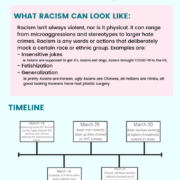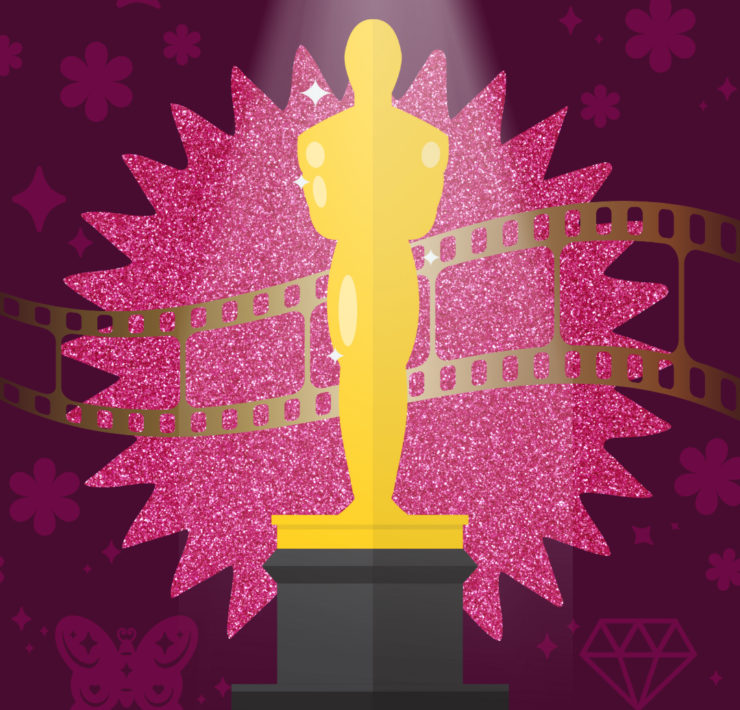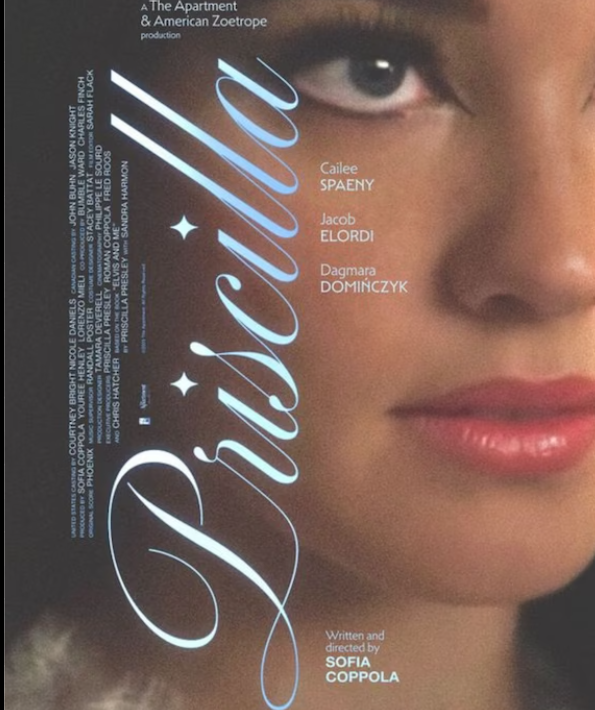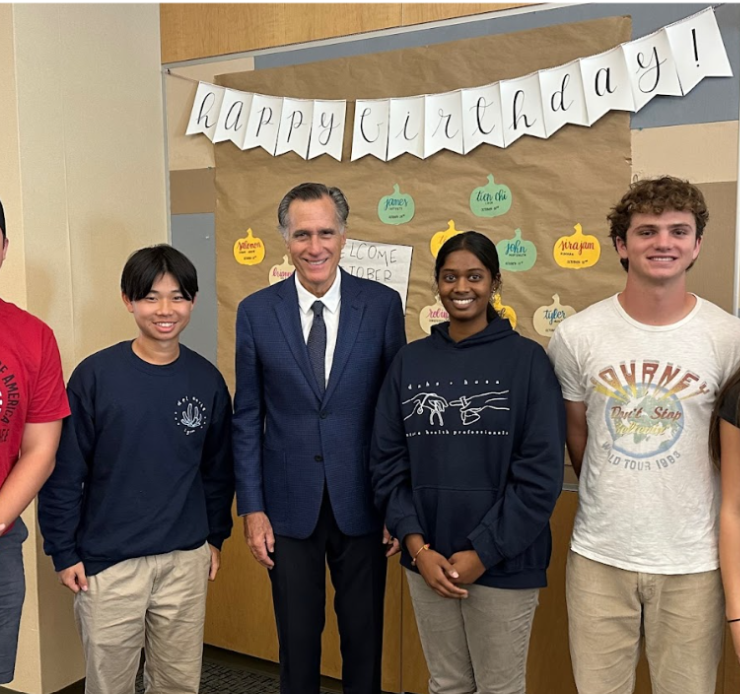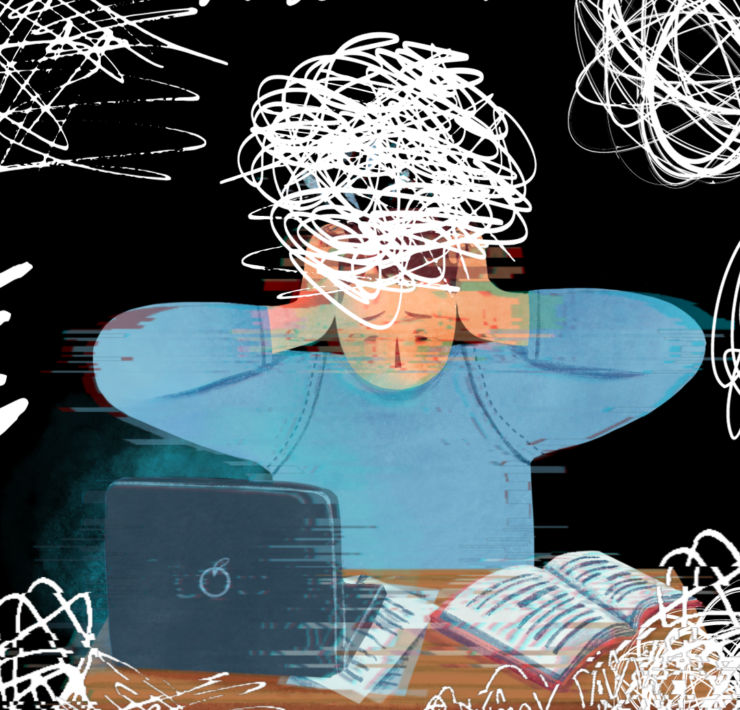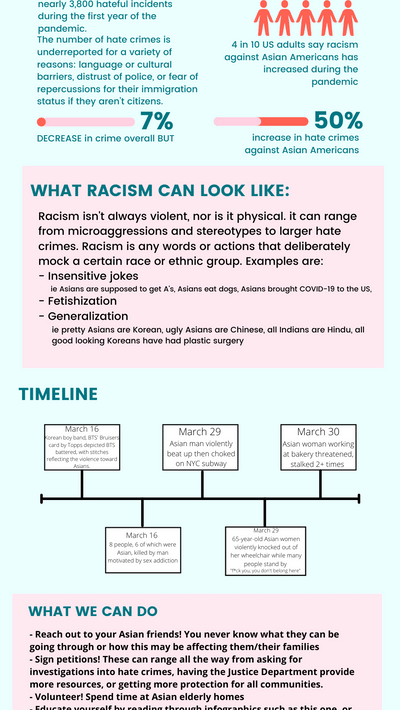7 Questions with Melissa Darcey on Writing Seminar
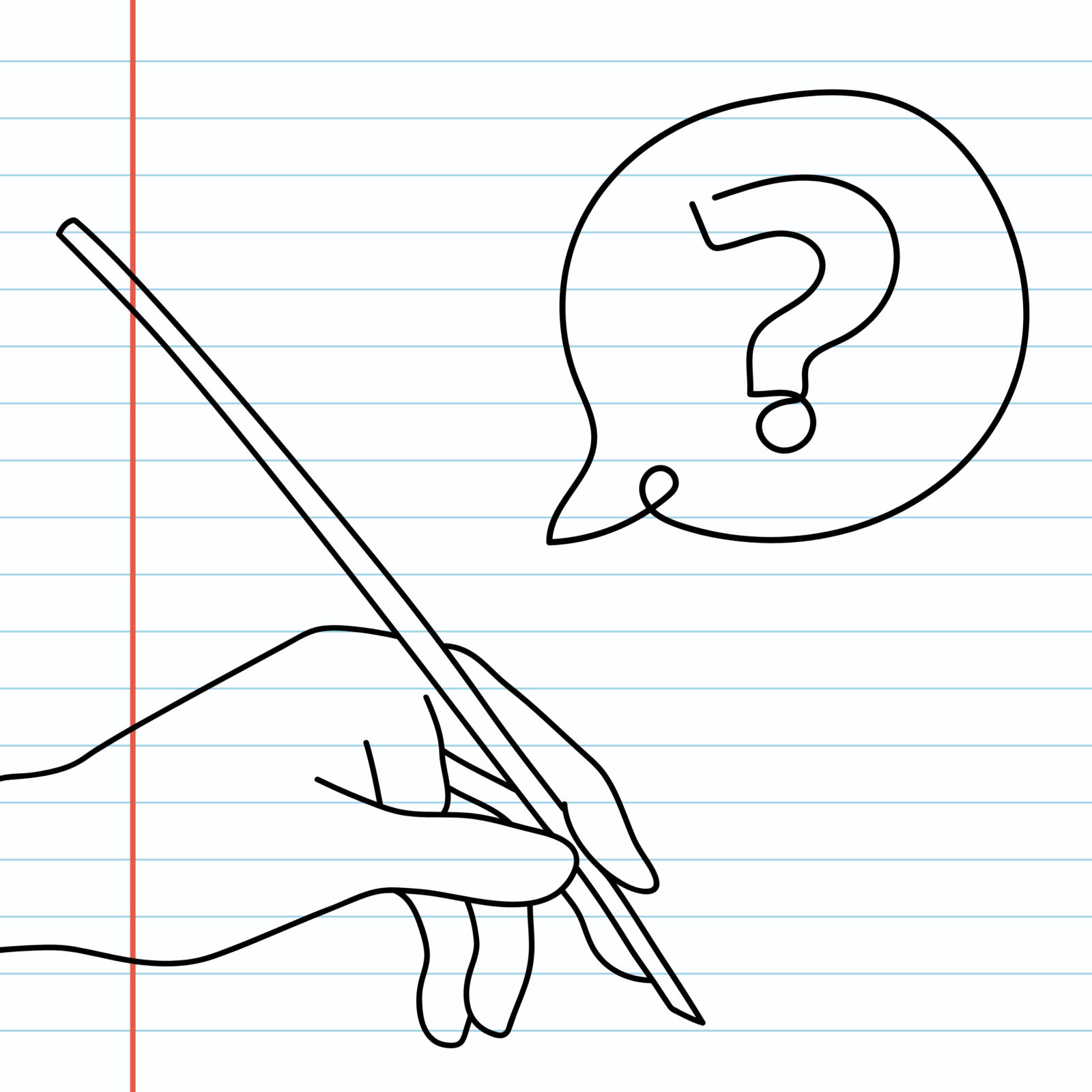
Q:
What is Writing Seminar?
A.) Writing Seminar is an elective course that explores the elements of numerous literary genres, including poetry, prose, drama, journalism, and creative non-fiction. It’s meant to provide students with a comprehensive snapshot of creative writing in its many styles so they can determine which most speaks to them and develop the skills needed to gain mastery of that form.
Q: Creative writing sounds like a broad topic, and it’s not as narrow as, say, AP English Language which focuses on rhetoric or Honors Humanities which focuses on the arts. What topics will Writing Seminar focus on, and how will they be split up throughout the course?
A.) Writing Seminar 1 will really focus on gaining a comprehensive picture of creative writing and exploring its many forms. By experimenting, students will work on identifying their strengths and mastering some of the techniques that authors use. Writing Seminar 2 allows students to dive deeper into their writing independently, working on more extensive projects, such as a novel, short story or essay collection, poetry portfolio, or publication. While Writing Seminar 2 will focus more on publication, both trimesters of the course will provide opportunities to submit to writing contests and publications.
Q: Some students have discussed being embarrassed to share their writing, especially heartfelt poetry. Will the course encourage students to overcome this anxiety or work around it?
A.) Writing is very personal, and it can be scary sharing a personal piece of writing with peers. This is where it’s really important for students to trust one another in the class, so we’ll take time in the beginning of the course to build connections and establish a writer’s community. While writing workshops will be essential to the course, we’ll take it slow for students to gain confidence and comfortability, such as doing blind reading workshops before openly sharing our work. There are also essential rules to writing workshops that help ensure that we’re providing actionable and constructive feedback rather than judgment. And it’s important to mention that we won’t share everything we write in the class.
Q: What inspired you to start the Writing Seminar course? Do you have a background in creative writing?
A.) At such a STEM-focused high school like Del Norte, I noticed a gap in the humanities that needed to be filled. I frequently hear from students that they want to explore more creative writing, but our English classes don’t always have the space for it in the curriculum. There are so many creative students at Del Norte and I wanted to provide them a space to nourish those skills and find an outlet to express themselves.
I also felt I could bring in some of my background to support students. My first job in high school was at a San Diego newspaper. After studying literature and creative writing in college, I spent my first seven years in corporate communications and marketing, including some time spent in publishing and writing. So, I’ve experienced both sides – as an editor managing the production of communications, including magazines, and as a writer seeking publication. Having worked several years as a freelance writer, I’m familiar with the process of pitching, submitting to literary magazines, ghost writing, and studying the craft of other writers. Even as a teacher, I’m still a writer. I carve out time to write and submit my work to magazines and websites for publication. I’m working on a few projects now, and I had a non-fiction article published a couple months ago and a fiction story coming out next month in a print literary magazine.
Q: If this course is meant to mix study and career-like prep/practice, how will you strike a balance between the two?
A.) I really believe it’s important for any high school class to provide some level of career and future preparation. While most Del Norte students continue on to college, you have a whole life after that. So, while the beginning of the class will focus on building essential skills to become a confident writer with a unique voice, there will be opportunities to explore career opportunities, whether it’s merging the humanities and STEM or pursuing a career in writing or editing.
Q: What is your biggest goal for the course? What do you want students to leave the classroom with after their last trimester in the course?
A.) My biggest goal is for students to gain confidence in their writing and voice. I hope students end the first trimester knowing their strengths and, even more importantly, knowing how to continue nourishing those strengths so they can continue to grow as a writer. There really isn’t such a thing as “mastery” of writing. But having confidence in yourself and understanding the essentials of communicating with purpose to an audience will take you far, whether you’re writing a short story, an analysis essay, or a science research paper. Every student should leave the class proud of the work they created.
Q: What does the class revolve and around and what do you hope students will gain from it?
A.) The class will have two essential components – study and practice. The best writers are big readers, so we’ll study the craft of the masters and understand how they’ve established a unique voice that speaks to audiences. And then we’ll practice and experiment, figuring out what works and what doesn’t. A big focus of the class is self-discovery so students can understand which forms of writing best allow them to express themselves creatively. I also hope students gain an appreciation of the power of writing and understand that it’s not just for “artists”. Regardless of its form writing is revolutionary. It can change minds, encourage political, social, and cultural reform, and unite communities. Even scientists, economists, and mathematicians need to be able to communicate well if they ever want to share their discoveries with the world. Johns Hopkins recently launched a graduate program for Science Writing because, even in science fields, you need to know how to communicate to either inform, persuade, engage, or entertain an audience. Think about the current pandemic. It’s critical for scientists to clearly articulate the benefits or risks of a vaccine to encourage action. And in a few years, we can expect to see novels about this time in history that can both entertain its readers and warn future generations.
Aidan is a former Web Editor for The Talon. He is passionate about many things, but especially publication, programming, and tutoring. He loves to exercise his creativity wherever he can, hopes to major in computer science, works to innovate, and strives to lead in all parts of his life.
Nicole was the former Editor-in-Chief of The Talon. In her free time, she takes care of her two pet turtles. If you have any book recommendations, let her know.

